Is Jacksonville, FL a Good Place to Live? 10 Pros and Cons to Consider
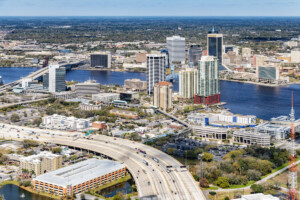
Jacksonville offers an extraordinary blend of coastal charm, a thriving culture, and a strong sense of community. From its breathtaking beaches to its diverse neighborhoods, this city embraces diversity, fosters innovation, and provides a welcoming haven for residents and visitors alike. However, like any city, Jacksonville has its disadvantages, such as periodic flooding and pests, to name a few. So if you’re considering moving to Jacksonville and are looking for some insider knowledge, we’ve got you covered. This Redfin article will dive into ten pros and cons, so you can decide if Jacksonville, FL is a good place to live. So whether you’re in the market for apartments in Jacksonville, FL, or homes for sale, read on to find out if this city is right for you.
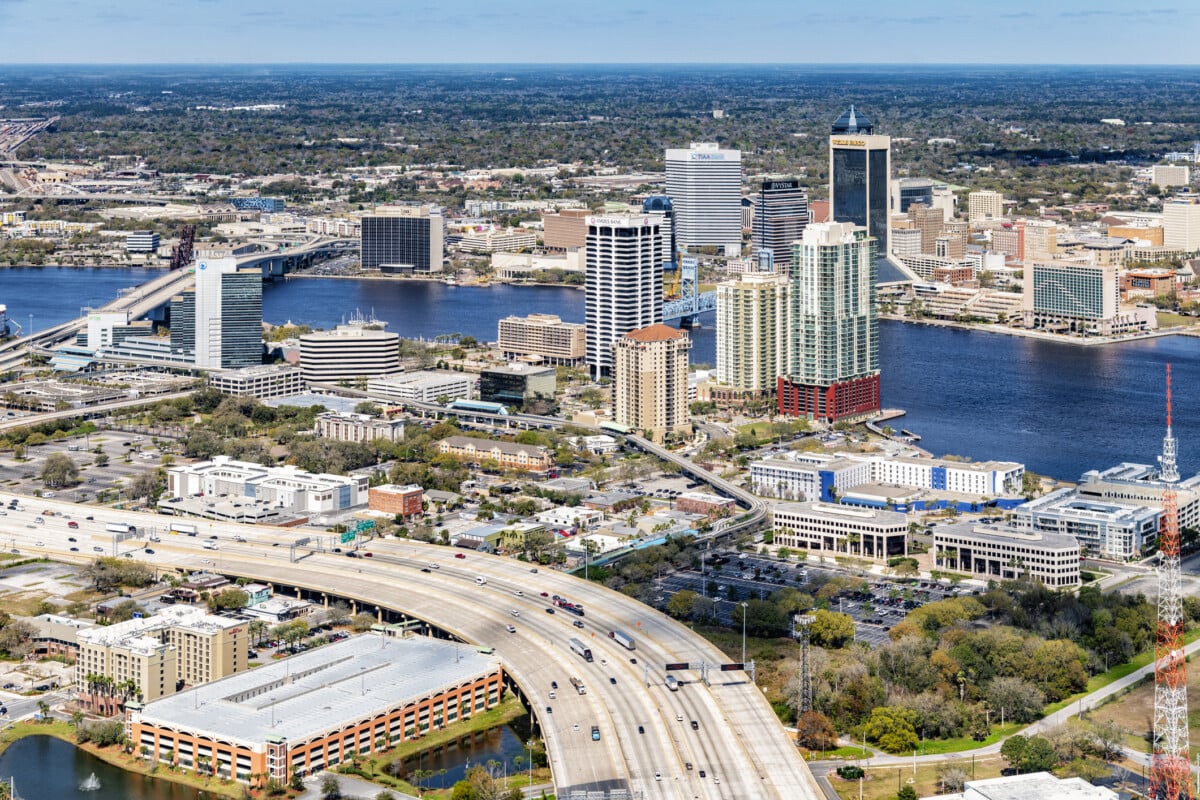
Pros of living in Jacksonville, FL
1. Thriving arts and cultural scene
Living in Jacksonville means you can immerse yourself in the captivating exhibits of the Cummer Museum of Art & Gardens, where masterpieces from around the world harmonize with the tranquility of meticulously curated gardens. You can also spend the day listening to the Jacksonville Symphony, renowned for its amazing performances. And you can’t miss the Riverside Arts Market, where local artisans showcase their talents and unique creations. Jacksonville’s arts and cultural scene is one of the best parts of calling this vibrant city home.
2. Abundant outdoor recreational activities
Jacksonville is a haven for outdoor enthusiasts, offering many opportunities to connect with nature and embark on exciting adventures. You can discover the thrill of kayaking or paddle boarding along the serene waters of the St. Johns River, where stunning views of the city skyline and wildlife sightings await. Or instead you can explore the vast expanse of the Timucuan Ecological and Historic Preserve, where hiking trails wind through ancient forests, leading to hidden marshes and scenic overlooks. And for those seeking an adrenaline rush, the waves of the Atlantic Ocean beckon surfers and water sports enthusiasts to ride the swells at iconic spots like Hanna Park and Atlantic Beach. For more exciting local activities, check out this article: Fun Things to do in Jacksonville.
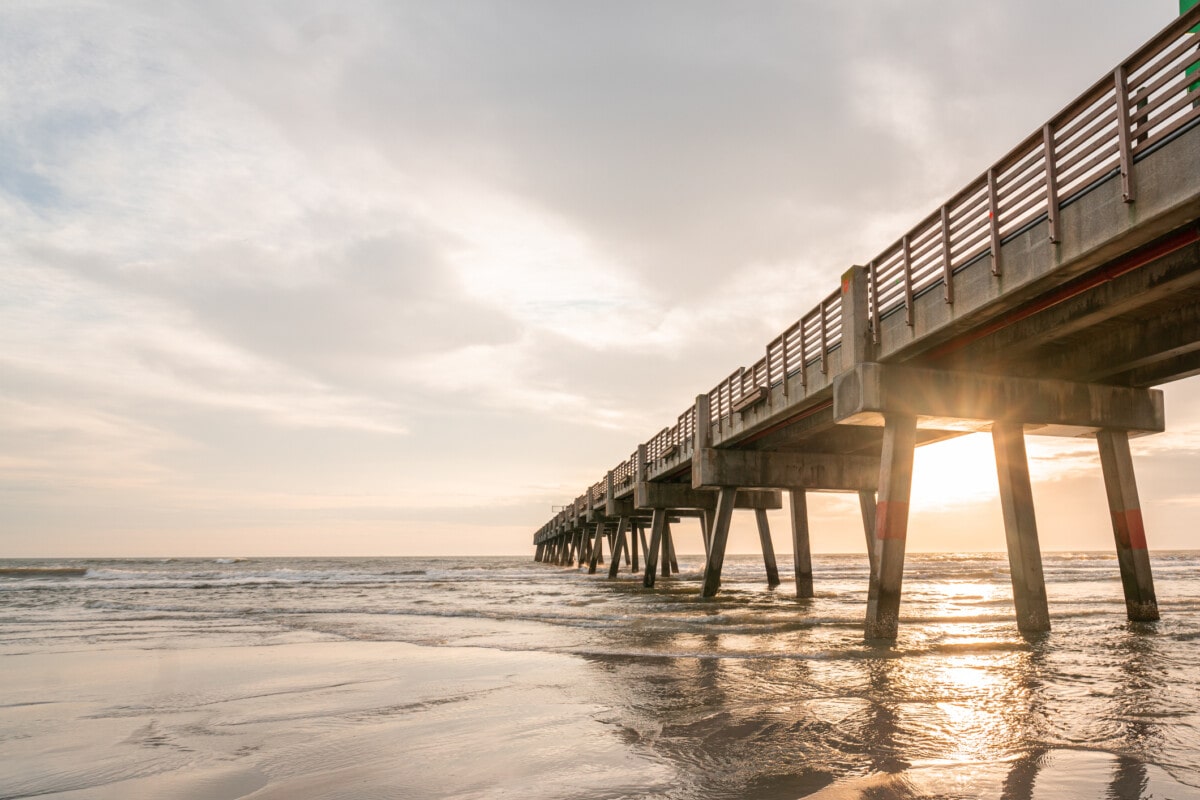
3. Home to beautiful beaches
Hidden gems in Jacksonville include a trove of mesmerizing beaches with unparalleled beauty. From the bustling shores of Jacksonville Beach to the serene sands of Neptune Beach and Amelia Island, residents are spoiled for choice when it comes to sun, surf, and sand.
4. Variety of neighborhoods for different lifestyles
Jacksonville is a city known for its diverse and vibrant neighborhoods. From the historic charm of Riverside and Avondale with their tree-lined streets and iconic architecture to the trendy and eclectic vibes of Five Points and San Marco, there is a neighborhood to suit every taste. The beach communities, such as Atlantic Beach and Ponte Vedra Beach, offer a coastal retreat with a laid-back atmosphere and a thriving beach culture. For those seeking a suburban feel, neighborhoods like Mandarin and Julington Creek provide peaceful residential areas with top-rated schools and plenty of outdoor recreational opportunities. Whether you prefer the urban energy of Downtown or the quieter lifestyle of Nocatee, Jacksonville’s neighborhoods cater to a wide range of preferences, making it an appealing place to live for people from all walks of life.
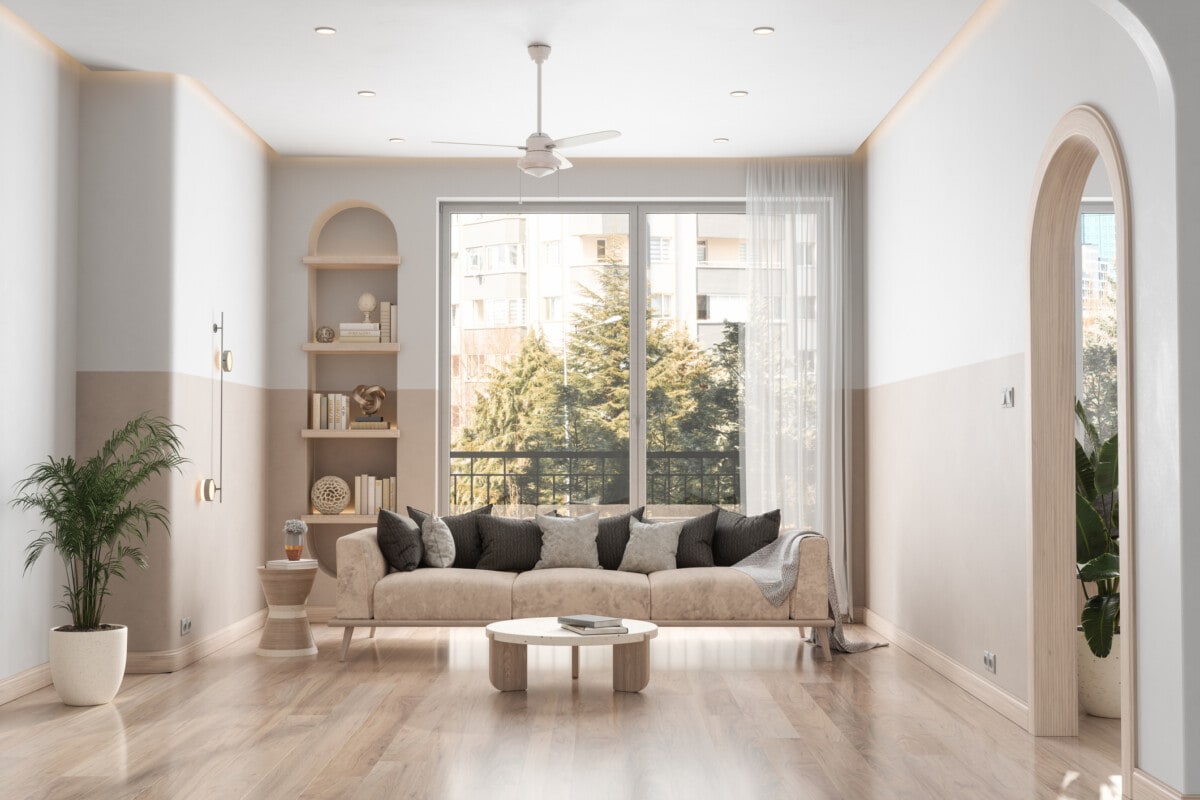
5. Affordable cost of living
The affordable cost of living in Jacksonville is one of the standout advantages of the city. Compared to other major cities in Florida and across the United States, Jacksonville is a relatively budget-friendly place to live. When it comes to housing, for example, the median sale price in Jacksonville is 292,500, which is lower than the national average of $408,000 and also lower than the median sales price in nearby Orlando and Tampa.
The overall cost of groceries, transportation, and healthcare in Jacksonville is also notably lower than in many comparable and nearby cities. For example, in Jacksonville, the cost of groceries is 10% lower compared to Tampa, while healthcare expenses are 11% lower in Jacksonville compared to Orlando. Lastly, the absence of state income tax in Florida allows residents to keep more of their hard-earned money. With a reasonable cost of living, Jacksonville provides an attractive opportunity for you to enjoy a comfortable lifestyle without breaking the bank.
Cons of living in Jacksonville, FL
1. High humidity in the summer months
During the summer months, Jacksonville embraces its coastal location with warm temperatures and, yes, higher humidity levels. The humid air wraps around the city as the sun shines brightly overhead, creating a sense of tropical ambiance. The humidity in Jacksonville during this season can be noticeable, adding moisture to the air and intensifying the warmth. While some may find the humidity invigorating, others might seek relief in air-conditioned spaces or by seeking shade under the city’s beautiful trees. If you decide to move to Jacksonville, learn how to keep your house cool in extreme heat.
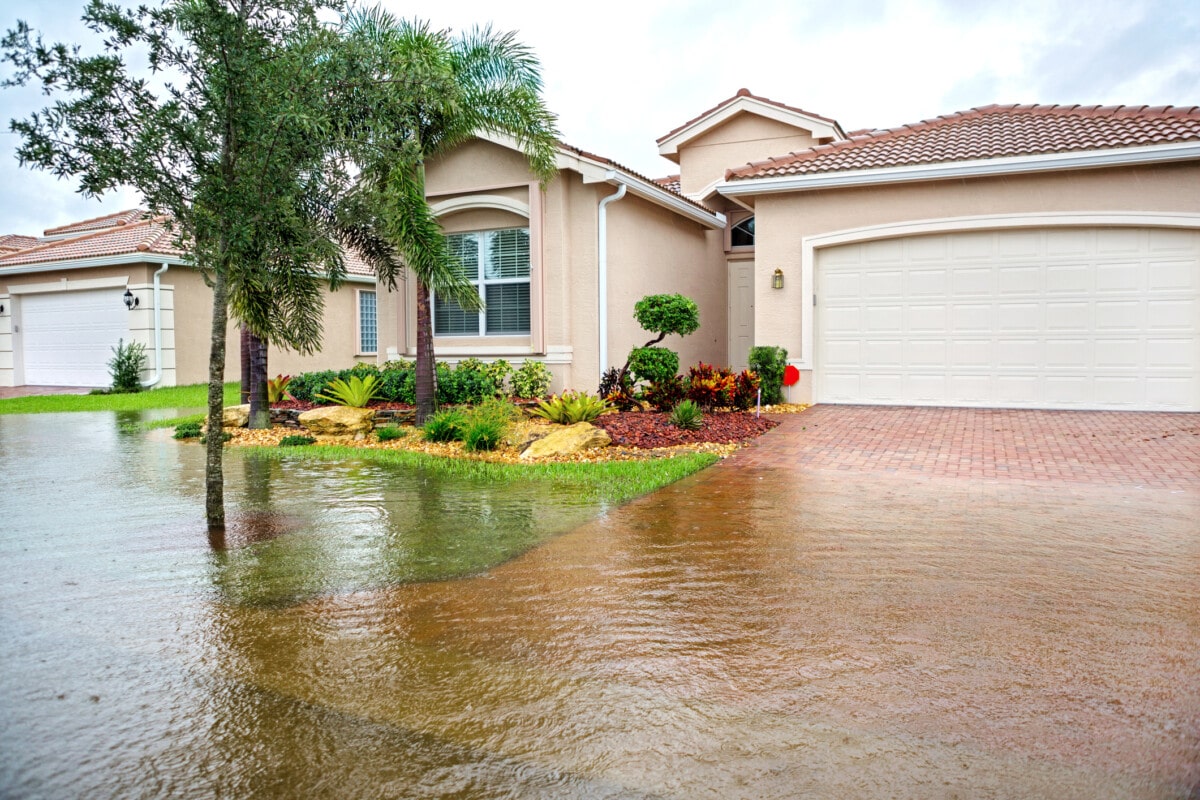
2. Some areas will experience periodic flooding
Due to its coastal location and susceptibility to heavy rains and hurricanes, certain areas in Jacksonville may experience flooding during intense weather events. This can result in inconveniences such as water damage to properties, road closures, and disruption of daily routines. While measures are in place to mitigate flooding, including drainage systems and floodplain management, flooding can still pose challenges for residents. It is essential to stay informed about flood-prone areas and learn how to protect your home from flooding.
3. Jacksonville’s urban sprawl
Jacksonville, the largest city by land area in the contiguous United States, struggles with the issue of urban sprawl. The city’s expansive geographical footprint has led to numerous low-density, car-dependent neighborhoods that are widely spread out. This urban sprawl has increased commute times, traffic congestion, and a heavy reliance on private vehicles, contributing to issues of air pollution and carbon emissions. The scattered nature of the city makes it challenging to develop efficient public transportation systems (more on that soon). Additionally, the lack of walkability and limited access to amenities in some areas further exacerbate the negative impacts of urban sprawl, hindering the overall livability and sustainability of Jacksonville as a place to reside.

4. Plenty of pests in some areas
Due to the warm and humid climate, certain pests such as mosquitoes, ants, cockroaches, and other insects thrive in this environment. While efforts are made to control and manage these pests, residents may still encounter them daily, especially during the warmer months. Dealing with pesky insects can be inconvenient, requiring extra precautions such as using insect repellents, keeping doors and windows sealed, and taking measures to control their presence indoors.
5. Limited public transportation
Jacksonville has a transit score of 21 which makes it primarily car-dependent. Unlike some larger metropolitan areas, the city’s public transportation options are relatively limited, which can present challenges for residents who rely on public transit for their daily commute or prefer to use it for convenient travel. The lack of an extensive and interconnected public transportation network may require individuals to rely on personal vehicles or seek alternative transportation methods.
Is Jacksonville, FL a good place to live? Final thoughts
Jacksonville’s beautiful beaches, thriving arts and cultural scene, and abundant outdoor recreational activities make it an enticing place to call home. However, there are drawbacks to consider like urban sprawl, limited public transportation options, and potential flooding. Be sure to weigh all of the pros and cons of living in Jacksonville before making a final decision about whether or not this city is right for you.
The post Is Jacksonville, FL a Good Place to Live? 10 Pros and Cons to Consider appeared first on Redfin | Real Estate Tips for Home Buying, Selling & More.
